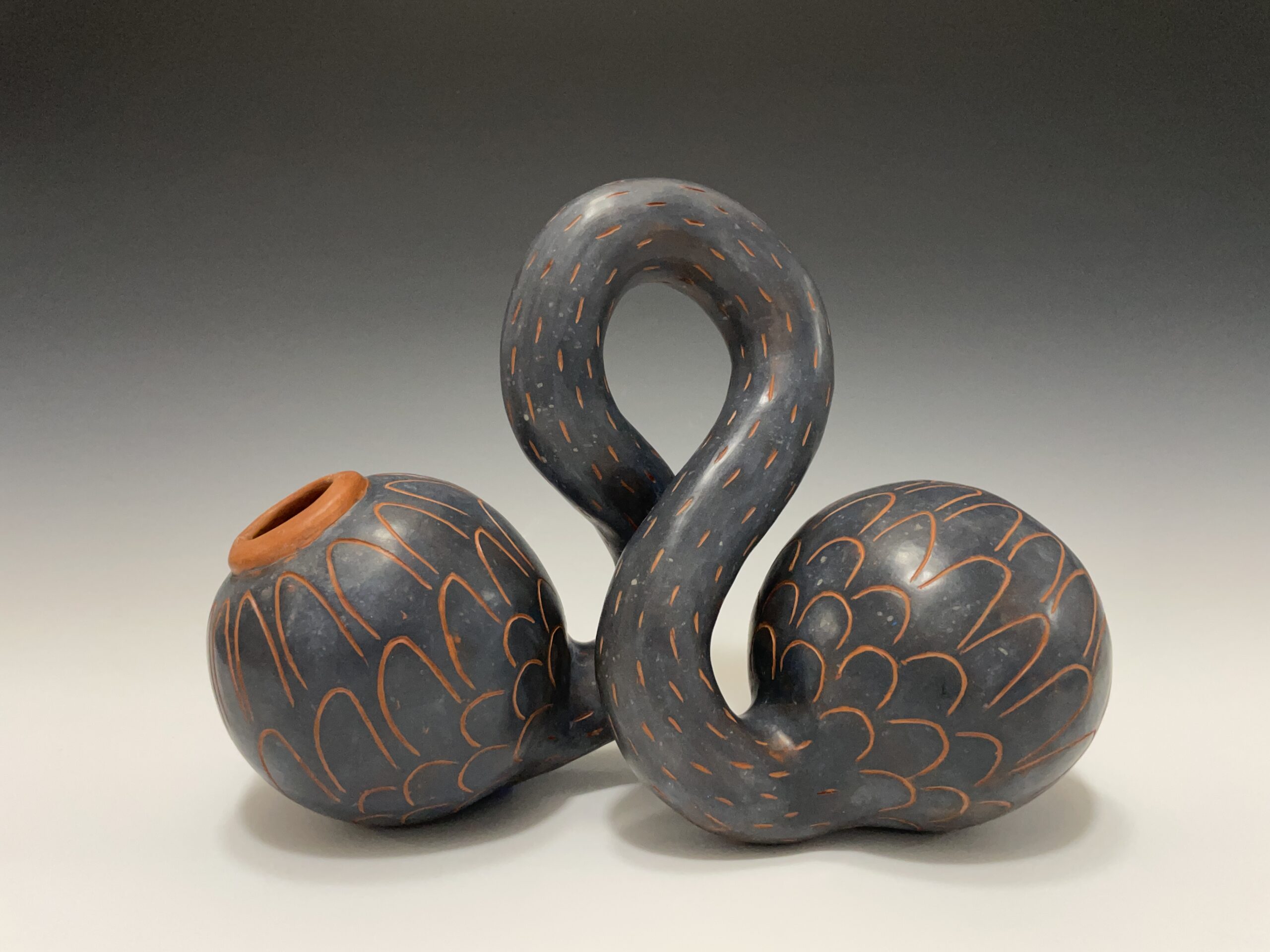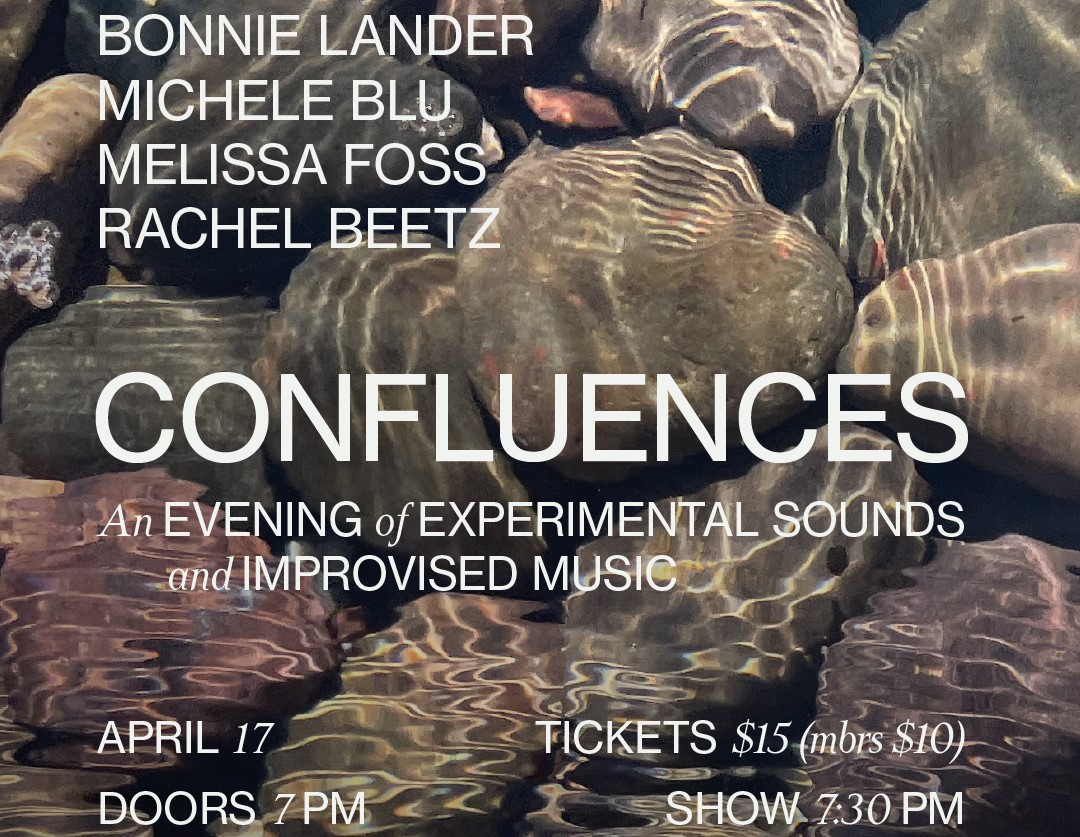View the exhibition online or purchase artwork
here!
Exhibition Opening: FRI AUG 25 | 6-9PM
On View: FRI AUG 25 – SAT SEP 30
Artist Talk: THU SEP 14 | 7PM
As they realize they could lose their matriarch’s home, Salome Sykes and Lendl Tellington turn the camera on their great-grandmother and her nine descendants in order to preserve their family’s legacy. As the brother and sister interview kinfolk, sift through albums, and wade through a century of family furniture, they reimagine these elements as a collection of sensory-driven installations, photography, and cinematic vignettes inspired by generational memories and revelations.
Artists’ Statement
Nannie, our raspy-voiced great-grandmother, grew up in Virginia and moved north to Sparrow’s Point, Maryland, during the Great Migration. Over the course of the next 50 years, her life as a single mother and grandmother would shape the path to her lifelong goal of returning to central Virginia to own a home. When she did, Nannie’s six-acre property became a beacon for our family. It’s where we discovered our deep connection to nature, Southern cooking, and the zeal of black home interiors.
In 2014, we interviewed Nannie while facing the reality that we could lose her home. We felt the urge to honor the three decades of memories shared at her property as well as the social and familial milieu that inspired her to move back to the region where she was born. We wanted to find a way to capture the intersection between Black domesticity, motherhood, and spirituality.
During the Great Recession, white households had a median net worth of about $135,000 while the median black household net worth stood under $6,000. This exhibition aims to express the spiritual experience behind this statistic for the black family. In America owning a home is the entry point for attaining a legacy but what does that legacy become after you lose your home?
If you’re Black, born and bred in America, like us, your connection to legacy is shaped by the reality of an inequitable history with and as property. Therefore your neighborhood, its cultural centers, individual memories, and familial experiences become your “home”—a consciousness that’s built to anchor a sense of foundation and ownership. In this exhibition, we imagine how our family’s collective consciousness could look, feel, sound, and smell if it were a tangible place.
We are not attempting to remake our great-grandmother’s home. We envision its legacy as an anthology of familial values and memories that incite generational reflection and reconciliation. By incorporating as many textures as possible, whether it is vestiges from Nannie’s living room, sounds and smells from her kitchen, or her collection of photo albums, we are sampling ephemera of a specific era to contextualize life unfolding at the present moment.
Though these inquiries on legacy are a shared experience amongst Black folks—we are contextualizing these insights within the specificity of our familial outlook. Nannie had a litany of tchotchkes that lined her fireplace. One of them was a glass bell with an etching that reads, “God couldn’t be everywhere, that’s why he made mothers.” Our family consists of Black women with estranged relationships with their fathers and partners. We are not interested in looking at this reality from a historically deficit-based perspective. Instead, we see this exhibition as a moment to redress this context by centering these moments as catalysts that provide our family with ingenuity and an unabashed identity.
The construct of this exhibition is influenced by the interconnection between memory and discovery. Our memories are fickle. They aren’t always reliable, yet they are sacred. Stories you’re told as a young person turn out to be more complex upon learning their details as an adult. This project time travels in a similar non-linear fashion. We want folks facing similar housing inequity to see that they too can manifest their own legacy both defined by tradition and reimagined through memory.
About The Artists
Lendl Tellington is an artist who works across cinema, photography, editorial, and installation art. His practice tinkers with the line between nostalgia and memory as a means to illuminate the contributions of unsung communities and subvert our prescribed histories.
His work has been recognized by BAVC Mediamaker Fellowship, Firelight Media Documentary Lab, Smithsonian’s’ Outwin Boochever Portrait Competition, and The Sundance Documentary Fund. When he’s not behind the camera, Lendl is the Technical Producer for BlackStar Projects, home of the BlackStar Film Festival.
This exhibition concludes his time in The Creative Alliance Resident Artist Program.
Salome Sykes is an artist whose passion for history and Black spirituality informs her creative pursuits. Her practice pulls from a combination of archives, oral histories, astrology, and Black ancestral and religious practices in order to gain a deeper insight into the milieu and interiority of everyday Black communities past and present. The film “… that’s why He made Momma” is her first foray filmmaking.




